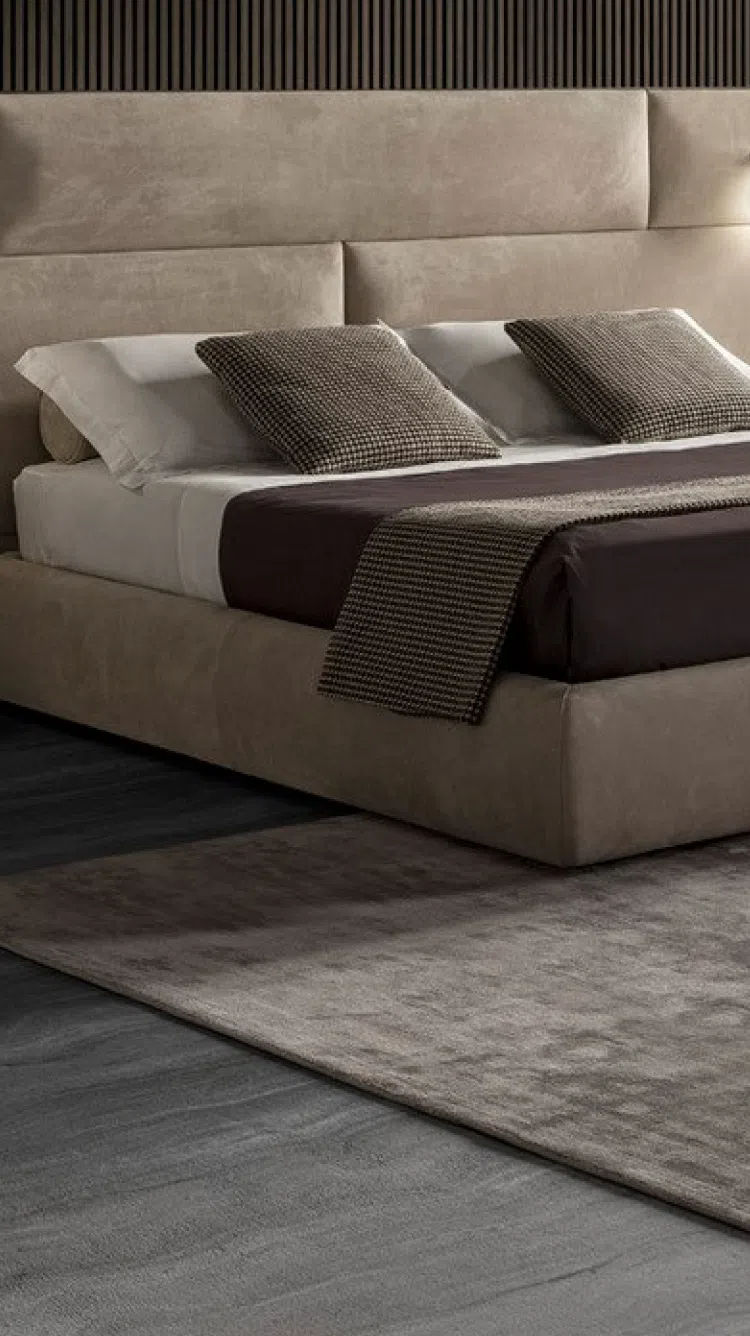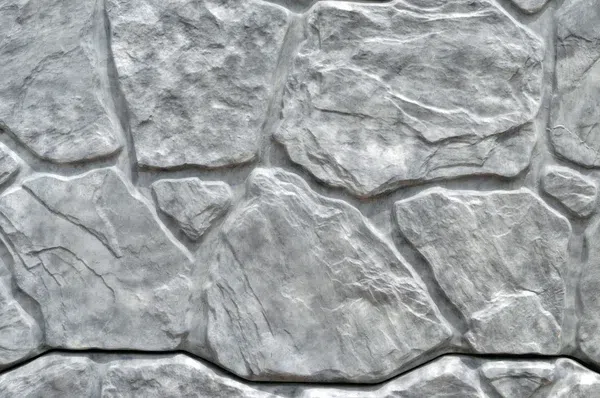Artificial stone, also referred to as engineered stone or manufactured stone, is a man-made composite material typically used in place of natural stone for various applications such as countertops, flooring, and wall cladding. The primary advantage of artificial stone is that it can be crafted to meet specific aesthetic and performance requirements, which makes it versatile and increasingly popular as a furniture and design material. Here's a detailed description of artificial stone material:
Composition
Artificial stone is usually made from a mixture of materials that often include:
- Mineral fillers: These typically consist of crushed natural stone such as quartz, granite, or marble. Quartz is one of the most common due to its hardness and durability.
- Binding agents: A polymer resin (commonly unsaturated polyester or PMMA) is used to bind the mineral fillers together. In some cases, cement-based binders are used for certain types of engineered stones.
- Color pigments: To achieve various colors and patterns, organic and inorganic pigments are added.
- Additives: Additional materials may be included to enhance properties such as UV stability, scratch resistance, or antibacterial qualities.
Manufacturing Process
The process of creating artificial stone generally involves the following steps:



